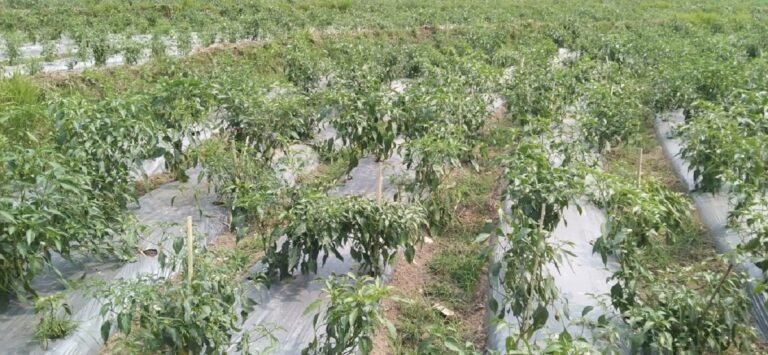
In line with the nation’s Agrifood Sector Strategy 2034, Bhutan’s Ministry of Agriculture and Livestock is giving priority to the production of cereals and other important crops in order to guarantee food and nutrition security. By 2034, Bhutan hopes to achieve high income status by utilizing international soft loans, priority-based allocations, and climate finance to assist smallholder farmers and lessen reliance on imports of vital foods. Bhutan’s government plans to sustain domestic rice production by protecting rice-growing areas, supporting farmers with high-yield varieties, mechanisation, and market facilitation, while also boosting wheat and maize production. The Department of Marketing and Cooperatives plans to sustain food and feed supply in Bhutan through market interventions, financial support, and agro-climatic cultivation.
The AFSS 2034 describes policies like price support, subsidies, and buy-back procedures to guarantee steady production levels. It is the responsibility of the Food Corporation of Bhutan Limited to keep supplies of vital food items on hand in case of emergency. The national food security reserve will be efficiently stored through the building and restoration of strategic warehouses across the country. By putting these tactics into practice, Bhutan hopes to create a robust, self-sufficient agricultural system that boosts economic expansion, improves nutrition, and fortifies livelihoods all throughout the nation.



